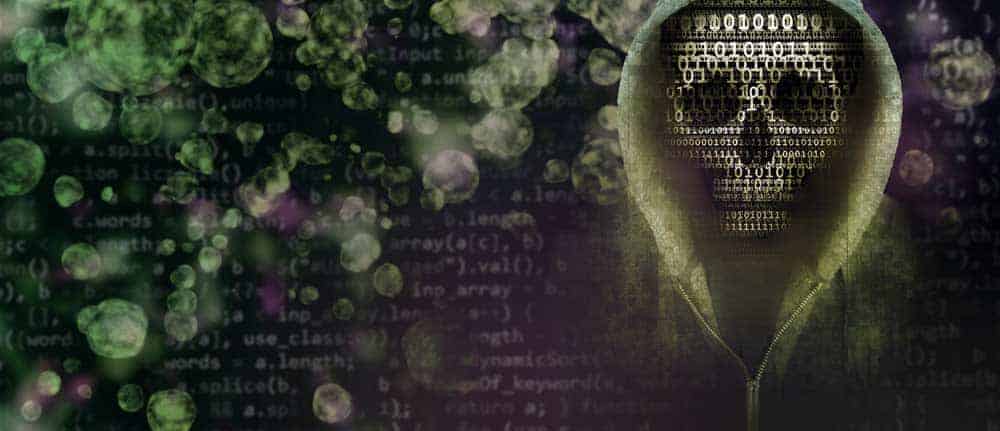Can AI solve the challenges in IT security?


The main discipline of AI is the analysis of large amounts of data. The AI automatically searches for patterns that it has previously learned in an intensive training phase.
This capability is already widely used today in image recognition, for example identifying familiar faces in access control systems.
For IT security, of course, this talent is very useful: If you feed AI with patterns of attacks, it can detect them in large data streams - in real time.
By quickly analyzing large amounts of data, small anomalies can be used to identify even complex and low-threshold attacks that conventional IT security systems often fail to detect.
The comprehensive, fast and in-depth analysis of data streams in complex networks is an important step for IT security. Administrators can use security AI to regain control over their networks, which they have lost, at least in part, in the face of rapidly increasing data volumes and complexity.
Attackers also use AI
This is all the more important because attackers will also take advantage of AI's capabilities. After all, AI is also well suited for detecting vulnerabilities in networks.
Cyberattacks can be carried out faster, with greater variation and intensity with AI support - the technological race between IT security and hackers continues apace.
How can security gain an advantage in this competition? In principle, security AI should be designed in such a way that it offers hacker AI as little attack surface as possible.
Hackers should not be able to address security AI directly. This is because hackers could then use their AI to find possible gaps in security with frequently repeated, minimally modified queries.
Security AI should therefore never be exposed, but should, for example, only allow a limited number of requests from a sender.
In addition, security AI should not be sold pre-trained by the manufacturers, but should always learn in the network at the customer's site, which is important for IT security here.
The advantage is that the security AI protects networks on a customer-specific basis and functions differently at all locations despite being of the same design. This prevents hackers from adapting to a specific mode of operation and developing standardized attack methods.
In addition, "Know your enemies." IT security vendors should use hacker AI themselves to harden their solutions. To do this, hacker AI is used on security AI with the aim of tricking it.
However, the security AI is in training mode in this staged duel and thus learns to recognize and fend off the attacks.
Given the situation highlighted, it's clear that network managers need to upgrade and will rely on security AI in the future to maintain control and achieve high-quality IT security.
However, decisions with far-reaching consequences will not be made by the security AI, but by the IT security expert. For one thing, there are often numerous factors to be considered in a broad context in IT security, and experts will be better than AIs at making such decisions for the foreseeable future. And secondly, someone should take responsibility for decisions with serious consequences - and only a human being can do that.
However, the expert can only perform this task with the support of security AI, which quickly filters out the essentials from large volumes of data and provides comprehensible bases for decision-making. This capability makes AI a key technology for high-quality IT security in the future.






